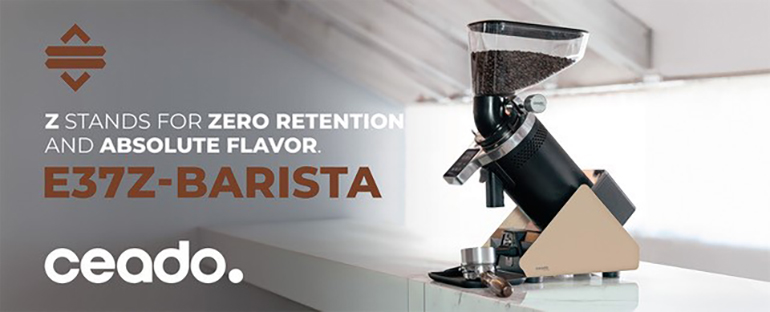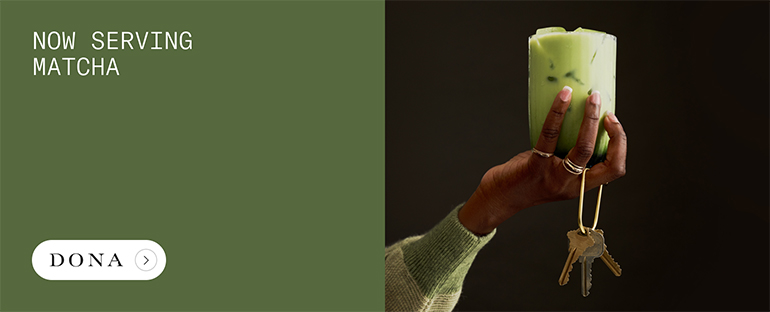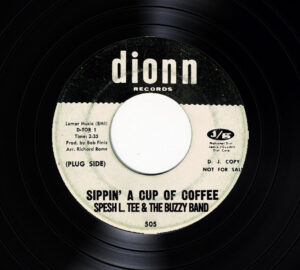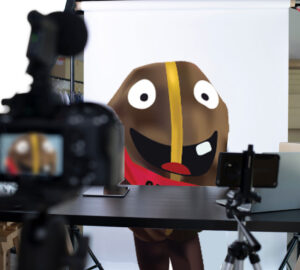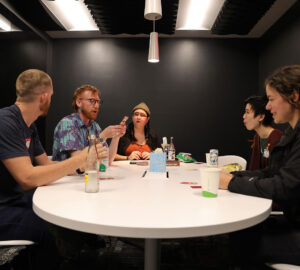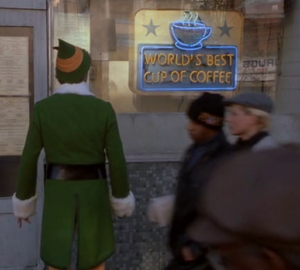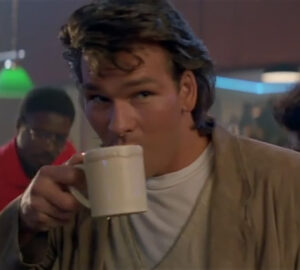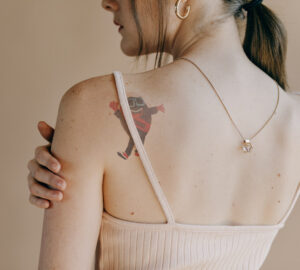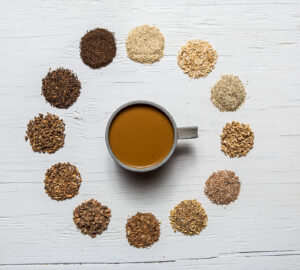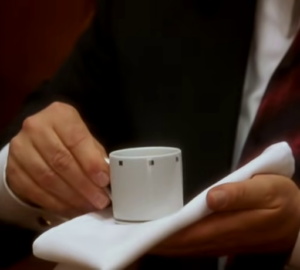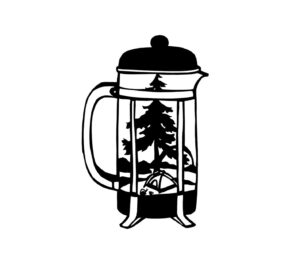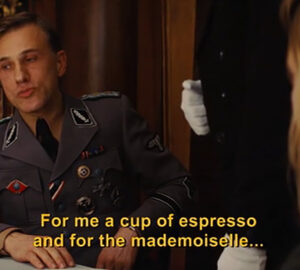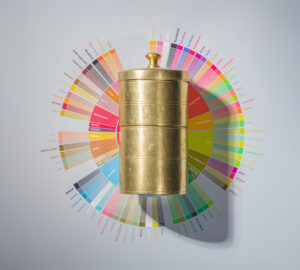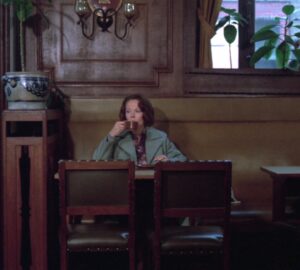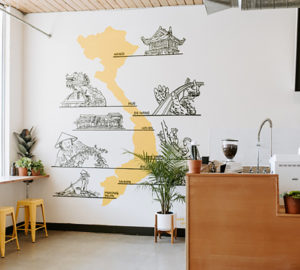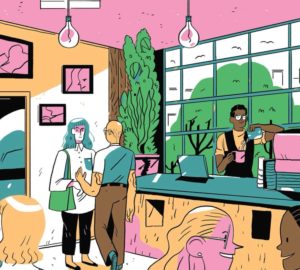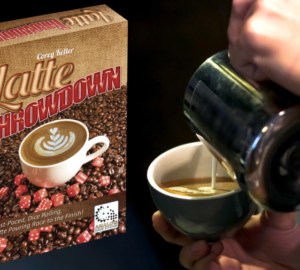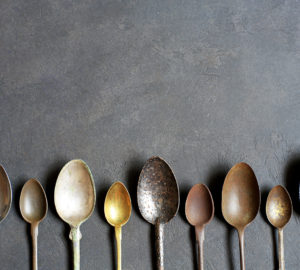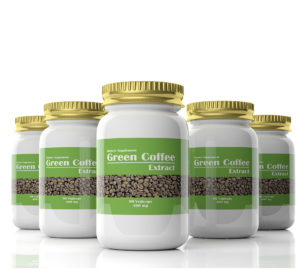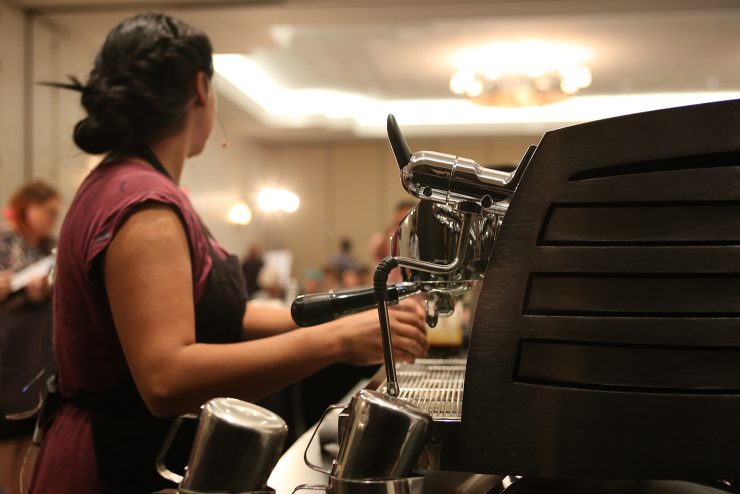
If you are female-identified and work in coffee, you should take this survey right now. It’s from Sabine Parrish, who is working on a Master’s thesis at Oxford on the subject of how gender is constructed and performed in U.S. specialty coffee. Specifically, Parrish is looking at how the “ideal barista” is represented in the highly masculinized spaces of barista competitions. According to Parrish, “while nearly 70% of tipped food service workers in the U.S. are women, close to 75% of barista competitors in recent years have been men.” Parrish acknowledges that the specialty coffee industry “should be lauded for the steps it has taken to recognize and help women in coffee-producing nations,” but she points out that the “discussion about the role of gender in coffee quiets down significantly once the coffee has been imported into coffee-consuming nations.”
These are very important issues that deserve serious examination. Parrish plans to help explore them first through her informational survey, followed by analyzing discussions of baristas in media and analyzing the discourse at competitions. To learn more, we reached out to Parrish for an interview.
How did you arrive at gender in representations of baristas as your area of study?
I started this program with an entirely different project in mind, but life has a funny way of working out sometimes. A few months ago, I was at Brew when some guy walked in and commented on our machine (an Elektra Belle Epoque Verticale P1). ‘Wow! That thing’s taller than you! Are you sure you can handle it!?’ It was a total ‘Eureka!’ moment for me. By the end of the work day, I had a pretty solid idea of where my thesis was going to go.
I’ve seen a lot of sexism, been subject to a lot of unpleasant things during my time in coffee—especially the quiet sort of undermining that that particular customer’s comments represented. I knew it wasn’t just me experiencing this, and as the coffee community is one I have a great deal of affection for, it seemed natural to use my particular set of skills to investigate. I’m quite dedicated to the exploration of the small things and the quotidian, and coffee shops have been so institutionalized as the daily ‘third space’ par excellence that it seems few have the time to consider the people for whom this is still a workspace. The entire specialty coffee industry being too large to look at for a project of this size and duration, I decided to limit myself to the experiences of competition baristas. First of all, I’m not a competing barista, so it enables me to maintain a little bit of distance from my group of study. More importantly, the competitions themselves provide a unique venue for deconstructing how we perform and represent ourselves and our craft; yet everyone competing also has that commercial, front-of-house experience which allows for the possibility of speaking to experiences in the wider barista community.
For the record, I am quite a bit taller than a Belle Epoque.
What’s the final product of your project going to be?
First things first: 30,000 word thesis due in May. I’m going to wind up with far more material than I can possibly cram into such a limited form, so I hope I can manage a few more focused articles out of this research and contribute to the academic literature on the service industry (not that that matters much to anyone outside of academia).
I believe very strongly in applied and activist anthropology, and serving the communities we, as researchers, work with. The overwhelmingly positive response I’ve had so far to this project indicates to me a real need felt within the coffee community to address the issues being raised. I’d obviously like to wait until I have more solid conclusions before taking action, but I see an enormous possibility for dialog and growth within the industry. Whether it will take the form of workshops or talks or something crazy I haven’t even dreamt of yet, I hope that I am able to repay in some small way the kindness people have shown me in this research.
Can you tell me a little bit more about your background, both in coffee and academically?
I was bored one summer and somehow convinced (the sadly short-lived) ZuKafe in Edmonds, Washington to hire 16-year-old me. I didn’t even drink coffee! This was right when Stumptown was moving in to the Seattle area; our shop served Stumptown, and I totally lucked out in getting all my original training with those fine fellows. After that place closed, I bounced around a few shops before eventually winding up at Zoka. I quit coffee for a couple years to do non-profit and museum work, but I’m now back in espresso action at Oxford’s best little coffee gem, Brew.
My academic career began when I was a somewhat confused community college student. On the urging of a friend, I took an introductory anthropology course and quickly realized this was exactly what I wanted to do! In 2013, I graduated from the University of Washington with a BA in anthropology. Right now I’m in the second year of my master’s at the University of Oxford, applying to Ph.D. programs, and in my spare time working on becoming the world’s foremost scholar of internet cat videos (I’m dead serious about that last part, by the way). My previous research has focused on the representations of Native populations in Seattle-area tourist attractions, as well as museum conservation practices in Brazil.
Can you expand a little more on the international, consuming versus producing countries angle of your inquiry?
The vast majority of the existing academic literature on coffee has to do with coffee as a commodity product, and the agricultural production side of the industry. There’s a disconnect at the point where the coffee enters the consuming nations—there’s so much focus on studying the consumers of the end product that the laborers no longer enter the picture. One of the things I’m trying to do is look at how specialty coffee deals with gender in the producing nations, how women are conceptualized and advertised—particularly in terms of sustainability discourse and the fair and direct trade ethos—and see if any of those patterns are reflected in how we portray women in coffee here. To take just a quick example, women are represented as niche in both sides of the producing/consuming nations labor force divide: even though women seem to make up the majority of the barista workforce in the US, we still get those special ‘Women in Coffee’ issues of Barista Magazine. Women are the majority of the agricultural coffee force, but ‘women’s issues’ still struggle to be appropriately and effectively integrated into development schemes. So the question then becomes: why have we, as an entire industry from crop to cup, seemingly failed to recognize women as part of the default labor force? I don’t know if I can answer that for the entire coffee industry, but I’ll at least try to shed a little light on to what’s happening with American baristas.
How long will the survey be up? Are there any other ways that interested people can help out?
Due to my limited timeline on this project, I’ll only be keeping the survey up until the end of November. This survey is mostly to get a feel for the issues that baristas identify as important (please, let me know if I’m barking up the wrong tree!). While the focus of this project is on competition baristas, I’m still interested in the experiences of all specialty coffee baristas. Don’t be hesitant to participate just because you don’t compete!
If all the women baristas out there would fill out my survey, I’d be the happiest girl in the world! If you have stories you want to share, or paths of investigation you’d like to suggest, feel free to email me (my email address is in the survey description). Unfortunately, I haven’t yet found a great way to integrate men into this project (another problem with the size limitations of a master’s thesis). However, if any of you blokes out there have stories or thoughts, I want to hear them too!
Have you talked to any female barista champions about your topic yet?
As far as the USBCs are concerned: one down, four to go! Ladies, let’s chat.
If you identify as female and work in specialty coffee, you should take Parrish’s survey yourself here. You can also reach Parrish via email.
Alex Bernson is the Managing Editor at Sprudge.com. Read more Alex Bernson on Sprudge.













